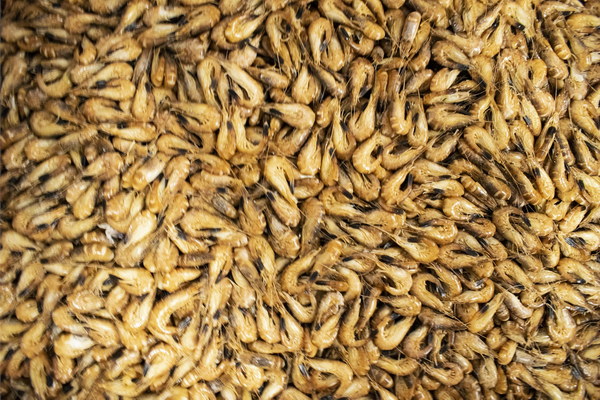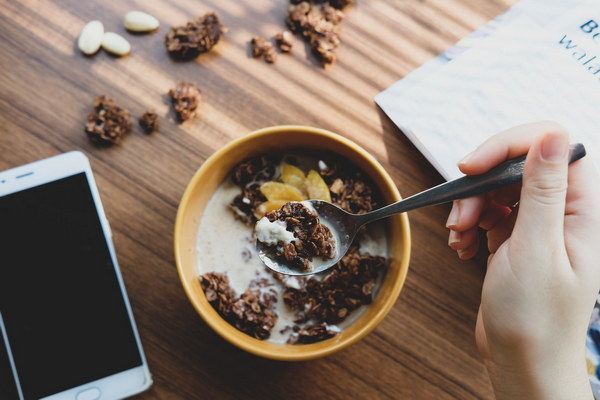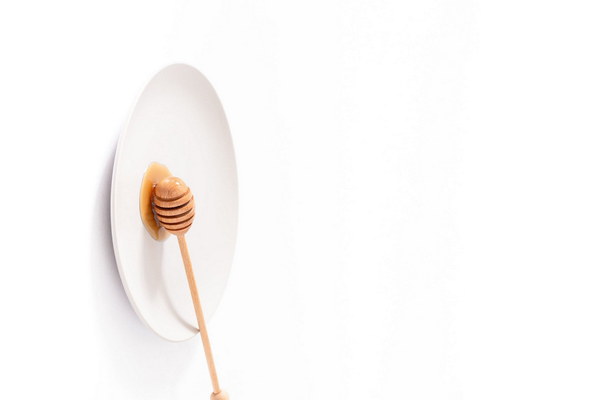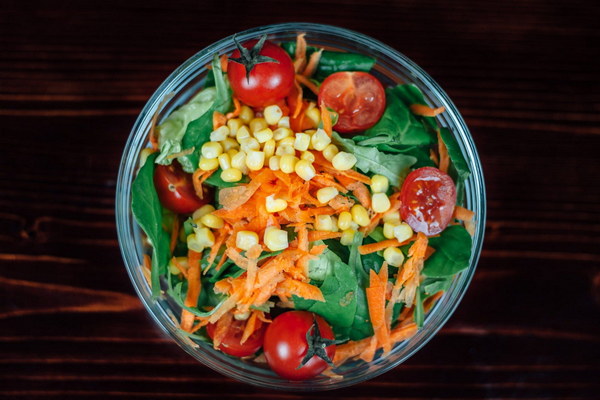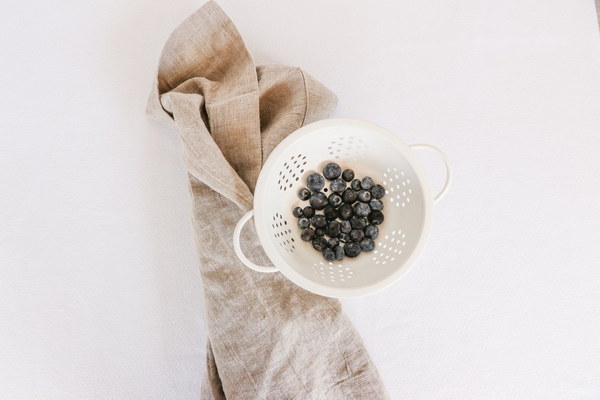Healing Inflammation Naturally The Power of Dietary Therapy
Inflammation is a common condition that affects millions of people worldwide, leading to discomfort, pain, and various health issues. While medical treatments are available, they often come with side effects and are not always suitable for everyone. This is where dietary therapy steps in, offering a natural and holistic approach to healing inflammation. By incorporating specific foods into your diet, you can reduce inflammation and improve your overall health.
What is Inflammation?
Before diving into the world of dietary therapy, it's important to understand what inflammation is. Inflammation is the body's natural response to injury or infection, aiming to protect and heal the affected area. However, when inflammation becomes chronic, it can lead to serious health problems, such as heart disease, diabetes, and cancer.
The Power of Dietary Therapy
Dietary therapy focuses on using food as medicine to treat and prevent various health conditions. When it comes to inflammation, certain nutrients and food components have been shown to reduce inflammation and improve overall health.
1. Omega-3 Fatty Acids
Omega-3 fatty acids are well-known for their anti-inflammatory properties. These essential fatty acids can be found in fatty fish like salmon, mackerel, and sardines, as well as in plant-based sources like flaxseeds, chia seeds, and walnuts. Incorporating these foods into your diet can help reduce inflammation and improve your overall health.
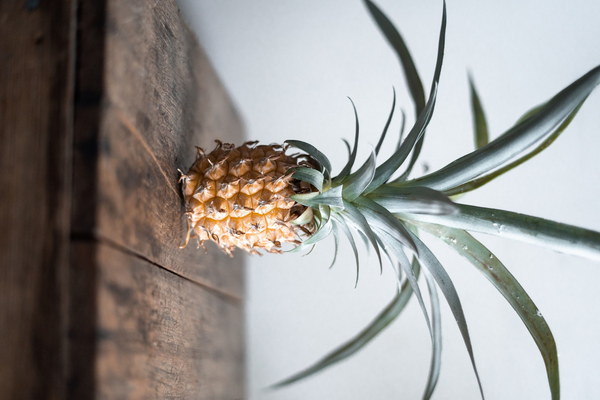
2. Antioxidants
Antioxidants are compounds that help protect your body from oxidative stress, which can contribute to inflammation. Foods rich in antioxidants include fruits like berries, grapes, and apples, as well as vegetables like spinach, kale, and bell peppers. Adding these foods to your diet can help reduce inflammation and support a healthy immune system.
3. Anti-inflammatory Spices
Certain spices have been found to possess anti-inflammatory properties, making them valuable additions to your diet. Turmeric, ginger, and cayenne pepper are just a few examples of spices that can help reduce inflammation. Adding these spices to your cooking or using them in herbal teas can provide a natural way to combat inflammation.
4. Fermented Foods
Fermented foods, such as yogurt, kefir, sauerkraut, and kimchi, contain beneficial probiotics that can help reduce inflammation. These probiotics support a healthy gut microbiome, which plays a crucial role in regulating the immune system and reducing inflammation.
5. Whole Grains
Whole grains like brown rice, quinoa, and oatmeal are rich in fiber, which can help reduce inflammation. Fiber also aids in digestion and supports a healthy gut, further contributing to inflammation reduction.
6. Healthy Fats
Healthy fats, such as monounsaturated and polyunsaturated fats, can help reduce inflammation. Avocados, nuts, seeds, and olive oil are all great sources of healthy fats. Including these in your diet can provide the necessary fats to reduce inflammation and support overall health.
7. Hydration
Staying hydrated is essential for reducing inflammation. Water helps to flush out toxins from the body, which can contribute to inflammation. Aim to drink at least 8 glasses of water per day to support your body's natural healing processes.
Incorporating Dietary Therapy into Your Diet
Now that you're aware of the power of dietary therapy in reducing inflammation, it's time to put it into practice. Here are a few tips to help you incorporate these foods into your diet:
- Add omega-3 rich foods to your meals, such as a salmon salad or a chia seed pudding.
- Snack on berries, apples, and other antioxidant-rich fruits.
- Use turmeric, ginger, and cayenne pepper in your cooking or herbal teas.
- Include fermented foods in your diet, such as a side of sauerkraut with dinner or a serving of kefir for breakfast.
- Choose whole grains over refined grains, and incorporate them into your meals and snacks.
- Use healthy fats in your cooking and snacking, such as avocado toast or a handful of nuts.
- Stay hydrated by drinking water throughout the day and adding slices of cucumber or lemon for a refreshing twist.
Remember, dietary therapy is not a substitute for medical treatment, especially if you have a chronic inflammatory condition. Always consult with a healthcare professional before making significant changes to your diet or starting any new treatment.
In conclusion, dietary therapy offers a natural and effective way to reduce inflammation and improve your overall health. By incorporating anti-inflammatory foods into your diet, you can support your body's healing processes and enjoy a healthier, more vibrant life.

